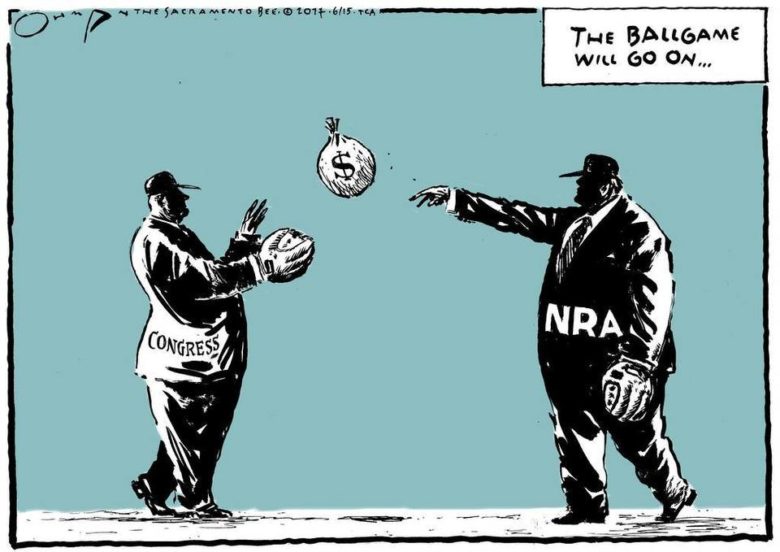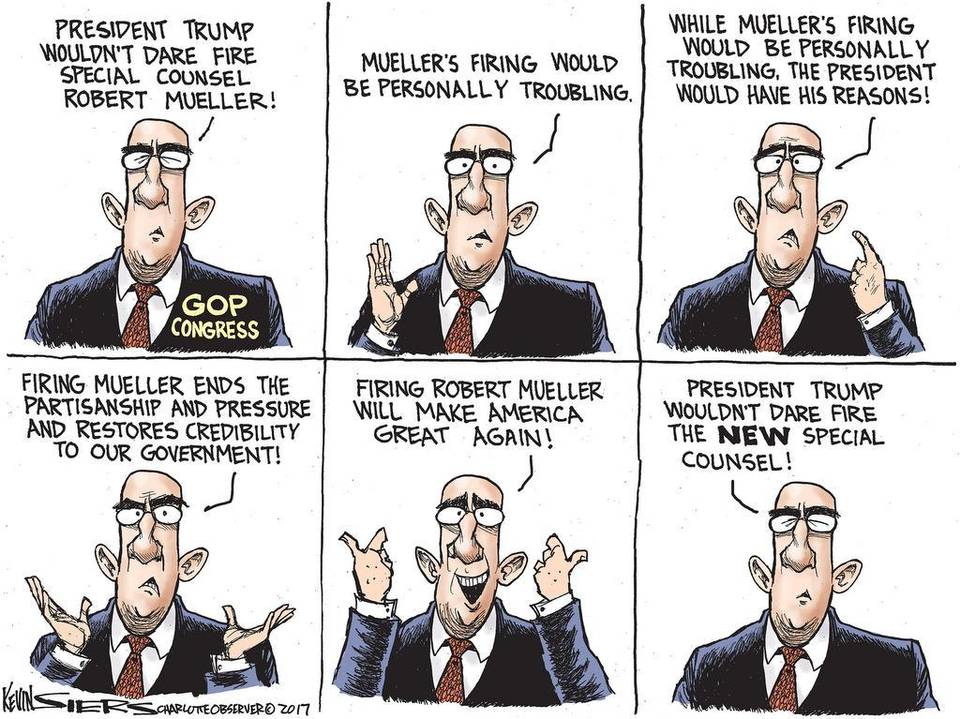The Daily Escape:
Zion NP Utah, 2001 – photo by Wrongo
Leader of the Free World. Leader of the Republican Party. Commander-in-Chief. Leader of the US Government. Donald Trump holds all of these titles, but he isn’t a leader. We just lived through a lab experiment in Trump’s leadership, his curious response to the Charlottesville protests. Either he had a lapse in clear thinking, or he cannot show empathy when the rest of us need it.
Either way, he failed as a leader.
On Saturday, America reacted to a moment in which armed racism was celebrated by members of the KKK, neo-Nazis, white nationalists and white supremacists, who sought a confrontation to help them achieve high status among the far right. The ugliness of the rally – which included crowds of young white men carrying torches, an air of menace, and the offering of the Nazi salute — should make our president think about how not just to defuse the situation, but how to blunt this from becoming a wave of similar protests across the nation.
Trump’s remarks on Saturday said in essence, “All lives matter”. By Monday, when most of America thought that what he said was far less than the situation required, he gave a terse speech saying:
Racism is evil…Those who cause violence in its name are criminals and thugs, including the KKK, neo-Nazis, white supremacists and other hate groups that are repugnant to everything we hold dear as Americans.
There was no emotion or believability behind it, he said what he was told needed to be said, not what he believed. Where was Trump’s sympathy for Jews, African-Americans, Muslims and others that these white-right protesters savaged?
And where was his leadership? Richard Neustadt wrote “Presidential Power” in 1960, a definitive book for its time. Wrongo read it as a freshman in college. Here is a quote:
The president’s primary power is to persuade and bargain, not to command. When a president has to resort to commanding people, he is showing weakness. Commands only work in very special circumstances. The essence of a President’s persuasive task is to convince…that what the White House wants of them is what they ought to do for their sake…
The power to persuade is perhaps the most important tool a president has. Power in our government is dispersed, so the president must bargain and persuade others that what he knows is in their best interest, and coach them to move in the right direction. Do you see Trump doing that?
Dr. Christine Porath of Georgetown thinks that “warmth” is the most important trait for a leader to have:
Warmth is the primary characteristic that people judge you by, and they make that judgment first…Can I trust you? If you seem warm, then that’s great…Leading with warmth, for leaders, has shown to be helpful. It’s a way to connect with people and again they’re more likely to work harder for you and perform better.
Do you see any warmth in Trump? Any empathy? It isn’t there.
Neustadt agrees. He calls how the public views the president, “public prestige”. Even though the public has no direct association to policymaking, the public’s view of the president affects how legislation moves through the Congress and into law. Neustadt also says that a president should think and act prospectively, so decisions he makes today aid his ability to persuade tomorrow.
Trump’s opinion polls are in the dumpster. A very small core of Americans find him believable.
Scott Adams the Dilbert guy, has said that Trump is a master persuader, and that he won the election because of his mad persuasion skills. But, those skills, which did seem to exist in the 2016 primaries and general election, have deserted Der Trump, and have been replaced by continuing Twitter attacks on a growing list of institutions, groups of people, and individuals.
Charlottesville was a protest by those who define themselves not just by who they are, but by who they hate. And they also define themselves as Trump supporters. There were shouts of “Heil Trump” on Friday night. They see no benefit in finding commonality with a diverse America, but pointedly, thrive off of hating our differences.
These people are content to blame “The Others” for their lot in life, and Trump persuades mostly by telling us what he hates, rather than what he likes.
In the 1960s we had much larger, and more violent (though mostly unarmed) protests. Those protesters didn’t want to jet us back to the past, but to propel us forward to a better future.
The white nationalist agitators in Charlottesville want to return us to an era that cannot (and should not) be recreated. All in the name of making America “great again.”
And they back Trump, a charlatan who pretends to lead.















